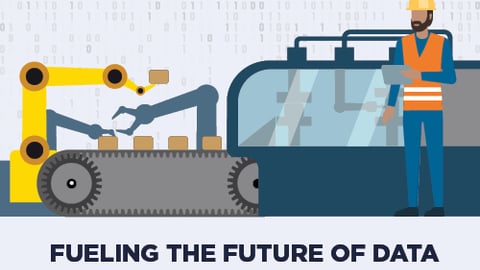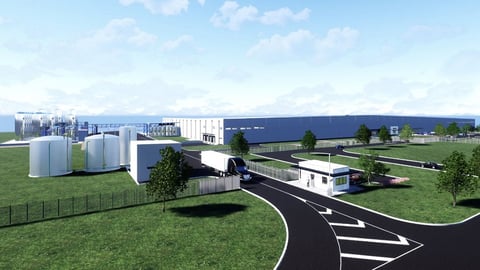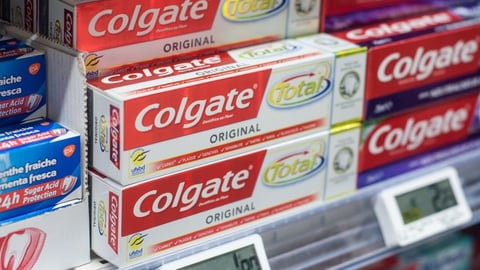4 Ways Data & Analytics Can Help Manufacturers Achieve Digital Resilience
The COVID-19 outbreak in March 2020 led to a significant surge in demand for personal hygiene products. Manufacturers who leveraged data and analytics could ready themselves for this disruption early on and were far more successful, as they could quickly re-jig their supply chain ecosystems to cope up with the challenge.
While manufacturers are increasingly adopting digital capabilities, they must consider using data and analytics to build resilience. Here are few critical factors that they need to consider as they progress their data and analytics capabilities to keep up with uncertainties.
1. Get near real-time data for better decisions
Gathering relevant real-time data about production and analyzing them ensures timely detection and prevention of anomalies with appropriate corrective measures. An excellent example is the COVID-19 vaccine manufacturing which involves several steps.
Real-time data and AI algorithms at each stage can support concurrent decision-making. Data can also help manage the storage and distribution of vaccinations.
2. Adopt microservices for decentralized data storage decisions
Manufacturing industries have multiple, distributed data sources making analytics very complex. Microservices make it possible to customize applications that can be deployed as independent services, thus, decentralizing data storage decisions, allowing manufacturers to achieve granular level scalability and better resource utilization.
New data types that use a different analytical technique can be added to a system without disruption.
3. Integrate data between enterprise systems and the shop floor
Traditionally, enterprise architecture is divided between operational technology (OT) at the shop floor and information technology (IT) at the enterprise level. In recent years, shop floors are using many more IT systems such as computer-aided design and programmable logic.
Yet the organizational structures remain separate for both IT and OT. It is essential to integrate the two to arrive at meaningful insights. A new generation of software packages now allows the integration of database applications with robust data query capabilities and sophisticated data collection and analysis tools.
4. Benchmark database and data models
Production terminologies are common in manufacturing processes across industries. It is essential to benchmark processes to ensure standards are maintained. STAC-M3 is one such open-source database for benchmarking.
We helped one of our manufacturing clients, USG Boral, achieve higher operational efficiency through better visibility and democratization of data. Our client is a global manufacturer of building materials. They faced challenges with multiple ERP systems and processes in different countries and did not have a consolidated view of the performance of their products.
Accessing information took time, and there was little confidence in the data accuracy. Timely decision-making was a big challenge.
Infosys enabled USG Boral with a near real-time view of their monthly analysis and performance tracking data. We built a data lake and global BI data warehouse solution based on the Microsoft Azure Cortana stack visualized in Tableau. This made data available and readily consumable for the business users to support their decision-making process.
With self-service and visualization, the organization could increase its user base from 10 to 100. The company continues its journey to becoming a data-driven company with AI and machine learning.
With fluctuating demands and uncertain economies, data is the most valuable asset that manufacturers can leverage for faster decisions and agility.
Balaji Ramanujam is head of architecture, healthcare and life sciences at Infosys. He has 22 years of experience in IT focusing on life sciences, healthcare, services, utility, energy and resources. With extensive experience in architecting and leading data modernization, data management and data governance initiatives, Ramanujam has played an instrumental role in helping Infosys clients focus on global modernization and digitization Initiatives.






